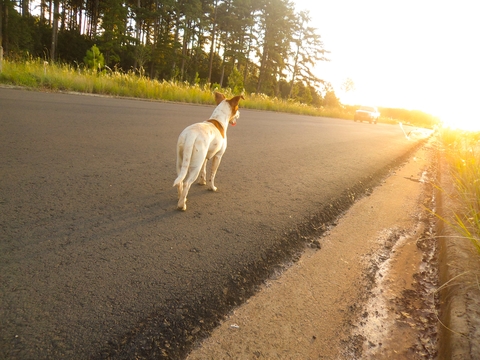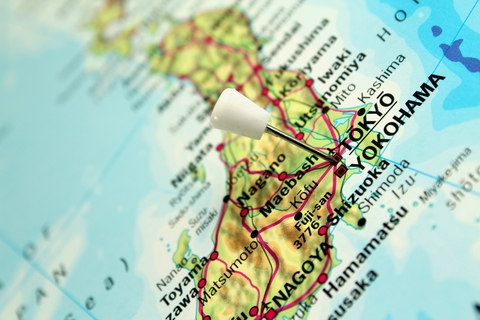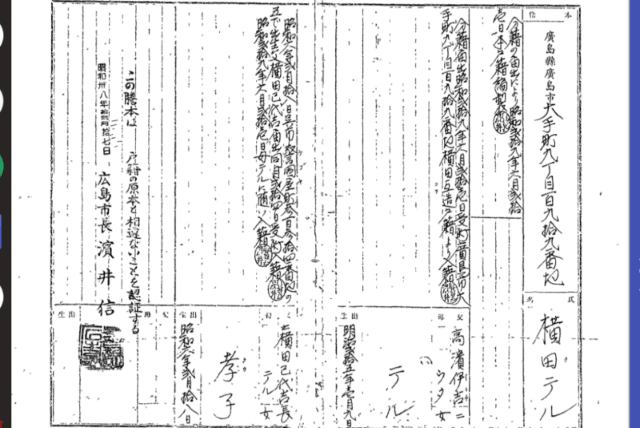Type Of Missing Persons
We want to know more details such as who looks for who, what kind of clues you have, and so on. The way people are searched depends on that.
In Japan, most people don’t want to be found their personal information. The Japanese government also places great importance on protecting privacy over the convenience of finding people. Therefore. Most personal information owned by the government is confidential.
Also, Japanese citizens don’t like Facebook that requires users to register their real names. Because of these circumstances, finding someone in Japan is very difficult compared to many other countries.
Especially in the case where somewhere outside Japan looks for a Japanse, as they often lack the knowledge of target’s name in Japanese language and the Koseki family register which is the citizen documentation system in Japan, finding someone in Japan is ever more challenging.
Matters Affecting The Difficulty Of Finding People
Below are the categories of missing person cases.
Target is high-profile – Target is low-profile
There is a legal reason – there is no legal reason
Little clues – Many clues
International case – domestic case
Missing person or fugitive – Ordinary people
Who Looks For Who
For Relatives
- Relative –> Relative who is out of communication
- Relative –> Heir
- Child –> Lost parent
- Child –> Uncle/Aunt
- Sibling –> Lost sibling
- Father –> Child
- Mother –> Child
Running Away From Home
Parents –> Child who ran away
Relative –> Missing relative
Money Trouble
Traffic accident victim → Traffic accident perpetrator
Creditor –> Debtor
Investor –> Missing real estate owner
Business
Company –> accounts receivable obligor
Company –> former employee
Company –> Shareholders who do not care
Copyright stakeholder –> copyright holder
Company –> human resources
Acquaintance
Old lover –> Old lover
Classmate –> Classmate
Online Relations
Acquaintance –> Acquaintance online
Libel victim –> Slander perpetrator on the net
Male and Female Relations
Dating party –> Recently separated partner
Dating partner –> Flirtation partner of a partner
Stalker perpetrator –> stalker victim
Couples
Spouse –> Missing spouse
Former spouse –> Former spouse (child support collection, obtaining divorce certificate)
Perpetrator of DV –> victims of DV
Methodology
The first thing you want to do is searching open source online media. If the person you are looking for is a celebrity or a prominent business person, you will find their information online.
Facebook is only media you can identify someone by the individual name. But Facebook is not the most popular social media in Japan. And the number of Facebook users is on the decline. Facebook is popular only among the ’20s and ’30s (millennials).
Still, the account ratio of Facebook of the ’20s is about 25%. That of the ’40s is only about 20%. That of the ’50s is about 15%. That of the ’60s is about 10%. There is almost no chance you can find senior people on Facebook.
LINE is the most popular social media network. But it is not the media searchable by the real name of the target.
FYI:
Stats of Top Japanese Social Media Networks in 2015
Citizen Documentation System
There are two citizen documentation systems in Japan:
- Juminhyo residence records
- Koseki family registry records
The local city hall removes Jumihyo residence records five years after transfer. So if the old address is more than five years old, there is no chance you can trace a new address.
Koseki family registry records are the comprehensive documentation system in terms of vital records. It keeps track of all the vital records of any Japanse nationals including birth, adoption, marriage, divorce, death, etc.
However, you can’t get access to Koseki records without knowing Honseki or the legal domicile. Honseki must be the shape of the address inside Japan. But in fact, it is a reference code to extract the records.
It could be the old address, current address, or any address the person chooses. Often the case, the Honseki is the same as the regular home address after marriage, but nobody but the person himself/herself can be sure before being successful in obtaining the records.
Once you can find Honseki (the legal domicile), you can find out everything about the person including all the family trees, address history, living status, and so on.
Therefore, what we can do is trying to obtain Juminhyo residence records or Koseki family registry records on the assumption that the old address is less than five years old and the given address coincides with their Honseki or the legal domicile.
Please note both citizen documentation records are strictly confidential. Nobody but the Japanese attorney can obtain them. So we are going to subcontract an attorney for the client.
Other than that, due to the strict privacy protection policy of the Japanese government, there are no publicly available records except real estate registry records and company registry records.
There is absolutely no database for Pis such Tracer’s Info or TLO. Almost all the personal information is strictly confidential in Japan.
In conclusion, no one can guarantee a 100% success rate in tracing the current address from the old address without knowing if it is an address younger then five years old or the address is the same as Honseki or the legal domicile.
DNA Search
Chances are slim but it is worth running a search on DNA Relatives if you are looking for you relative in Japan.
DNA Relatives is still not known at all by Japanese. But there are some people who register their DNA on this site in Japan.




